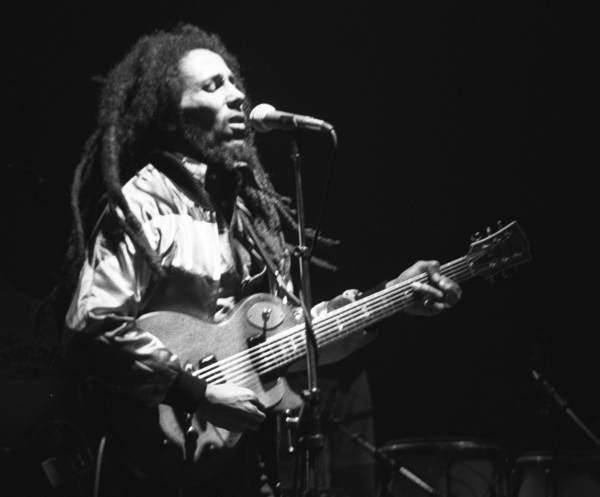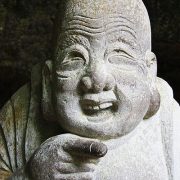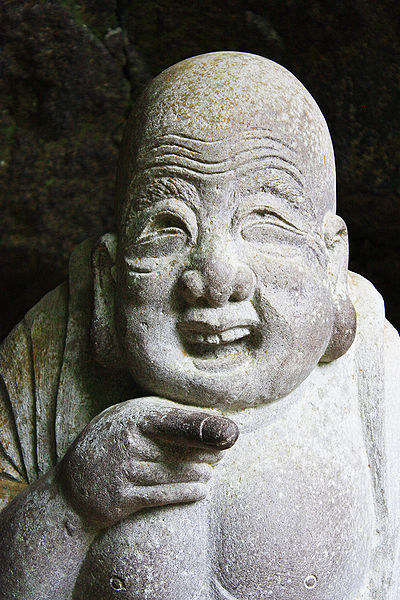
Let me tell you the story of the 2 boxes.
There are 2 boxes that exist in everyone’s life.
The 1st box represents a person’s actual limitations.
For instance, I will probably never play center for the Los Angeles Lakers.
Why?
Because I’m not 7 feet tall, and don’t play basketball.
See?
That’s an actual, physical limitation.
And of course, everyone has this box in their lives.
However, there’s a 2nd box that exists in everyone’s lives – and this 2nd box represents a person’s PERCEIVED limitations.
This 2nd box is created by all the doubts, fears, and insecurities a person has.
- “I can’t ever be relaxed and have fun…I have too much anxiety…”
- I can’t make a lot of money… I just not greedy enough…smart enough…motivated enough…”
- “I can’t be in a relationship…too many issues…too much fear…”
- “I can’t ever be confident enough to speak in public…I’m just too nervous…”
- “I can’t ever quit smoking…I just don’t have the willpower…”
The sad part?
The 2nd box is usually MUCH smaller than the 1st box!
Meaning, it’s often our own doubts, fears, and insecurities that hold us back from claiming the success we desire so much!
Meaning, you are capable of so much more than you think you are!
Meaning, you can overcome most – if not ALL – of the challenges you come across in whatever it is that you choose to take on.
But most people let their self-imposed 2nd box create an imaginary barrier between them and their success and happiness!
The reality?
This 2nd box usually doesn’t exist!
So the next time you encounter a challenge on your way to doing what you really want to do, have or be, think of the 2 boxes.
Is your challenge created by a real limitation?
Or are you constraining yourself with a self-imposed 2nd box?
Now, there are many tools and resources available to help you begin releasing limitations and vaporize your self-imposed 2nd box.
You just have to be aware of these resources when you come across them.
Releasing Limitations Using the Moreno Method
For example, you can give me a call, and using the Moreno Method for Life Transformation, I can help you start releasing limitations that are holding you back.
I’ll ask you to make a commitment to yourself to take action on your dreams, goals and desires.
Afterwards, I’ll send you home with a recording to listen to that will begin to reprogram your mind for success at whatever you choose to do.
I’ll even call you to check in and provide accountability and coaching.
So if you’ve ever been frustrated that you can’t even get started down the road to doing what you really want to do, whether it’s gaining confidence, getting healthier or making more money, then that reasoning has just become a 2nd box limitation.
I want to help you vaporize that 2nd box so that it never stops you again.
Then you can now simply reach out and claim your success.
Questions? Want to talk about the possibilities that exist for you after releasing limitations? Click here to get in touch with me. Time to get out of that box!
To hear a podcast of this blog, go to TedinYourHead.com episode #71
Ted
 In this episode, Ted suggests that the biggest problem most people suffer from is their own negative self-judgment, shame and self-condemnation.
In this episode, Ted suggests that the biggest problem most people suffer from is their own negative self-judgment, shame and self-condemnation.















